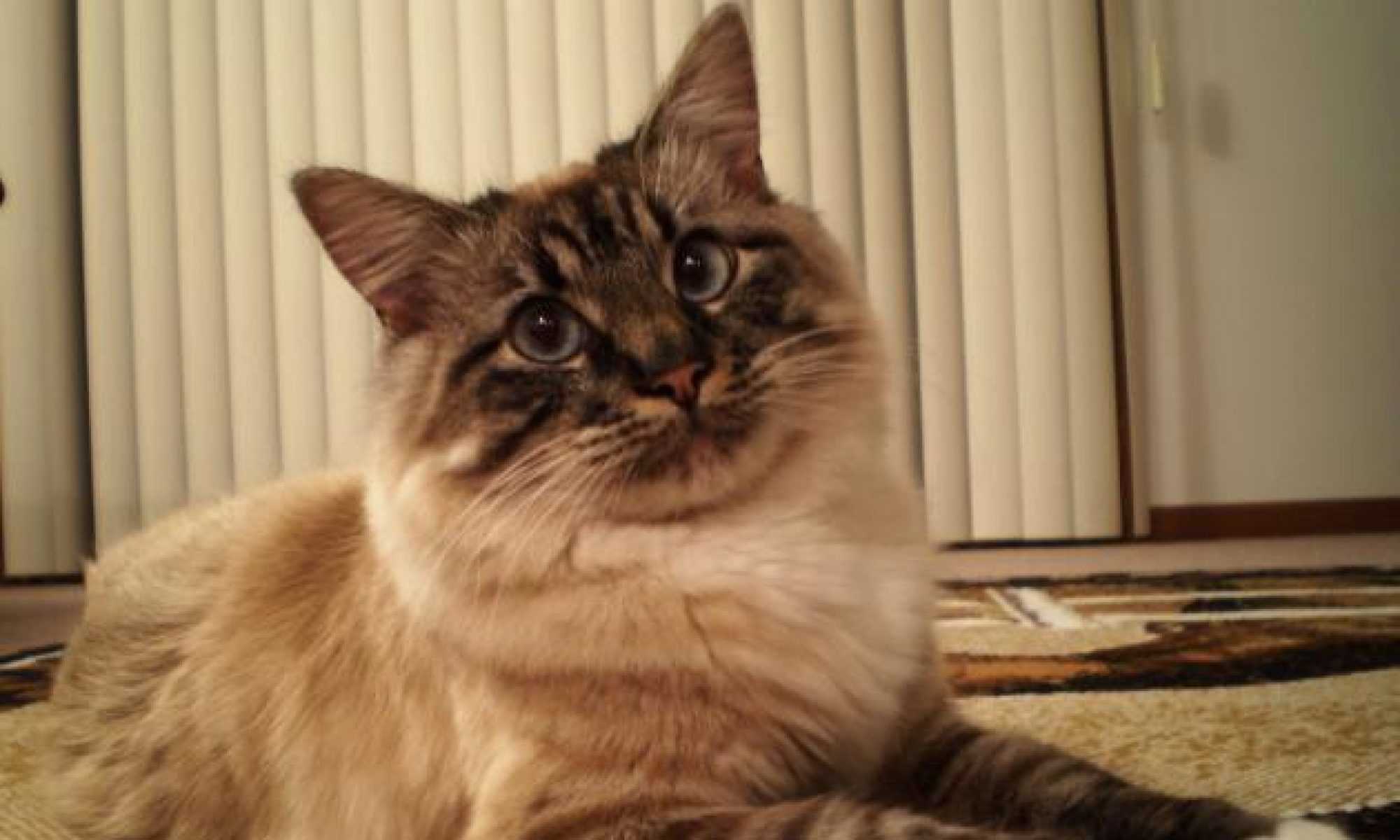Introduction
Pet rabbits can develop dental problems during their lifetime without proper care. Rabbits’ teeth grow continuously their entire life due to the damage their diet in the wild does to their teeth. Rabbits naturally eat a variety of plant material ranging from very soft to very hard. The hard plant material constantly files away the surface of the teeth and leads to tooth wear. In captivity, plant material or roughage needs to be supplied to prevent the teeth from becoming overgrown and overlapping. This condition, known as malocclusion, leads to pain and discomfort while eating. 
Diet type plays a major role in the prevention and treatment of dental problems. Other underlying reasons may also lead to this condition. Causes of dental complications in rabbits can include:
• Poor diet
• Lack of hay
• Genetics
• Injury/trauma to the mouth
• Infection
Signs
Rabbits show various signs of dental problems. Early detection is the best method to help treat and reverse dental problems. Rabbits that are just beginning to acquire the condition will show minimal signs, so the owner should closely observe the rabbit daily. It is important to remember that both the incisors and the molars can be affected. Even though the rabbit’s front teeth don’t show any signs of problems, the back teeth may be affected. A few common signs include:
• Decreased appetite
• Dropping food from the mouth while eating
• Weight loss
• Suspicious odor from the mouth
• Grinding teeth
• Drooling and/or wet fur around the mouth and chin
• Tearing eyes
Treatment and Prevention
If any of the signs of dental problems are observed, it is important that you take your rabbit to a veterinarian as soon as possible. Your veterinarian will be able to determine the best treatment method, depending on the severity of the condition. Often, anesthesia and cutting or filing of the affected teeth are required. If detected early, corrective filing with a change in diet may prevent the problem from recurring. However, depending on the initial cause, this can become a chronic problem.
Prevention of dental problems relies strongly on a proper diet. Rabbits should always be provided with free choice of good quality grass hay. Also, it may be necessary to limit the amount of pellets available to the rabbit so that you are assured that the abrasive nature of the hay is being utilized. Another option for rabbit owners is to provide rabbits with toys/chew items such as empty cardboard boxes, toilet paper tubes, bird toys, or toys designed specifically for rabbits. Toys such as these not only provide rabbits with something to chew on but also hours of interactive playtime. Finally, the best method of prevention is to schedule annual veterinary examinations for your rabbit. During these examinations, your vet will help you determine the adequacy of your nutritional program and offer suggestions for future prevention.
Lisa Karr-Lilienthal, Ph.D. and Amanda Young – University of Nebraska-Lincoln
Related content
